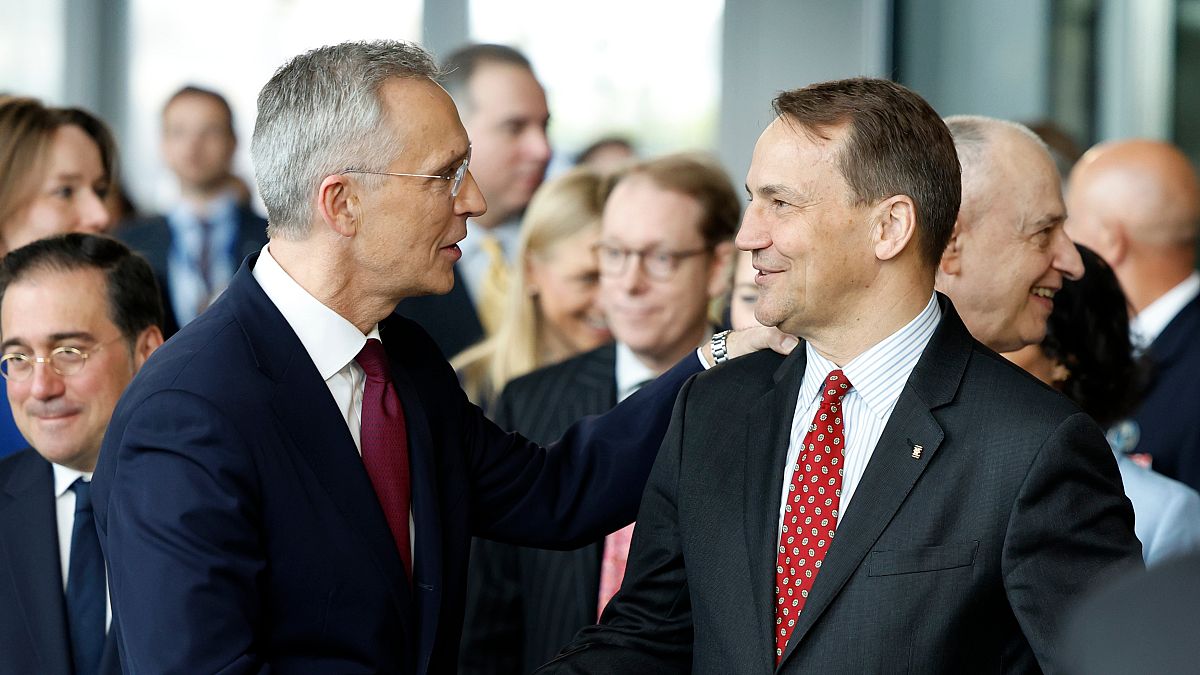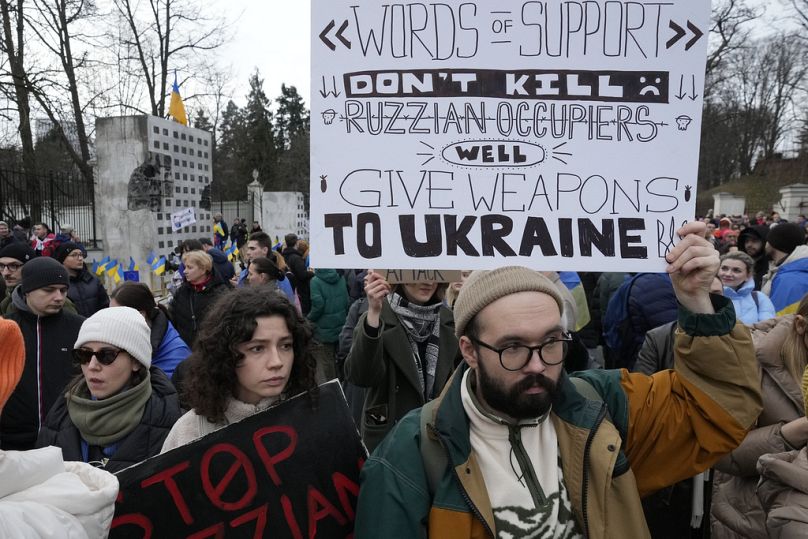Poland’s foreign minister, Radek Sikorski, also told parliament that NATO needs to upgrade its defences.
A Russian attack on NATO would end in defeat for Moscow, but NATO must increase its defences, Poland’s Foreign Minister Radek Sikorski told parliament on Thursday.
Sikorski was describing the new foreign policy direction of Prime Minister Donald Tusk's government, explaining to a world audience and those at home how Poland's priorities have changed since last year's election.
He said Poland wants to return to the group of countries which sets the agenda of the European Union.
Tusk’s government replaced a conservative administration, led by the right-wing Law and Justice party. While Law and Justice stressed the importance of ties with the US, it took a sometimes confrontational stance toward the European Union and in particular Germany, which invaded and occupied Poland during World War II.
Conversely, Sikorski argued in his speech that Poland’s development and security should be based both on Trans-Atlantic cooperation and on European integration, and that it is also ready to take responsibility for global challenges.
He also stressed the importance of friendship with Germany, accusing the previous Law and Justice government of choosing confrontation.
Poland, a member of NATO and the European Union, is on the eastern flank of both and shares borders with Russia and Belarus in addition to Ukraine. It is a key hub for Western weapons going to Ukraine.
This week Tusk received a visit from NATO Secretary General Jens Stoltenberg and British Prime Minister Rishi Sunak. The latter announced a major increase in military aid to Ukraine as well as committing his country to spending 2.5% of its GDP per year on defence by the end of the decade.

